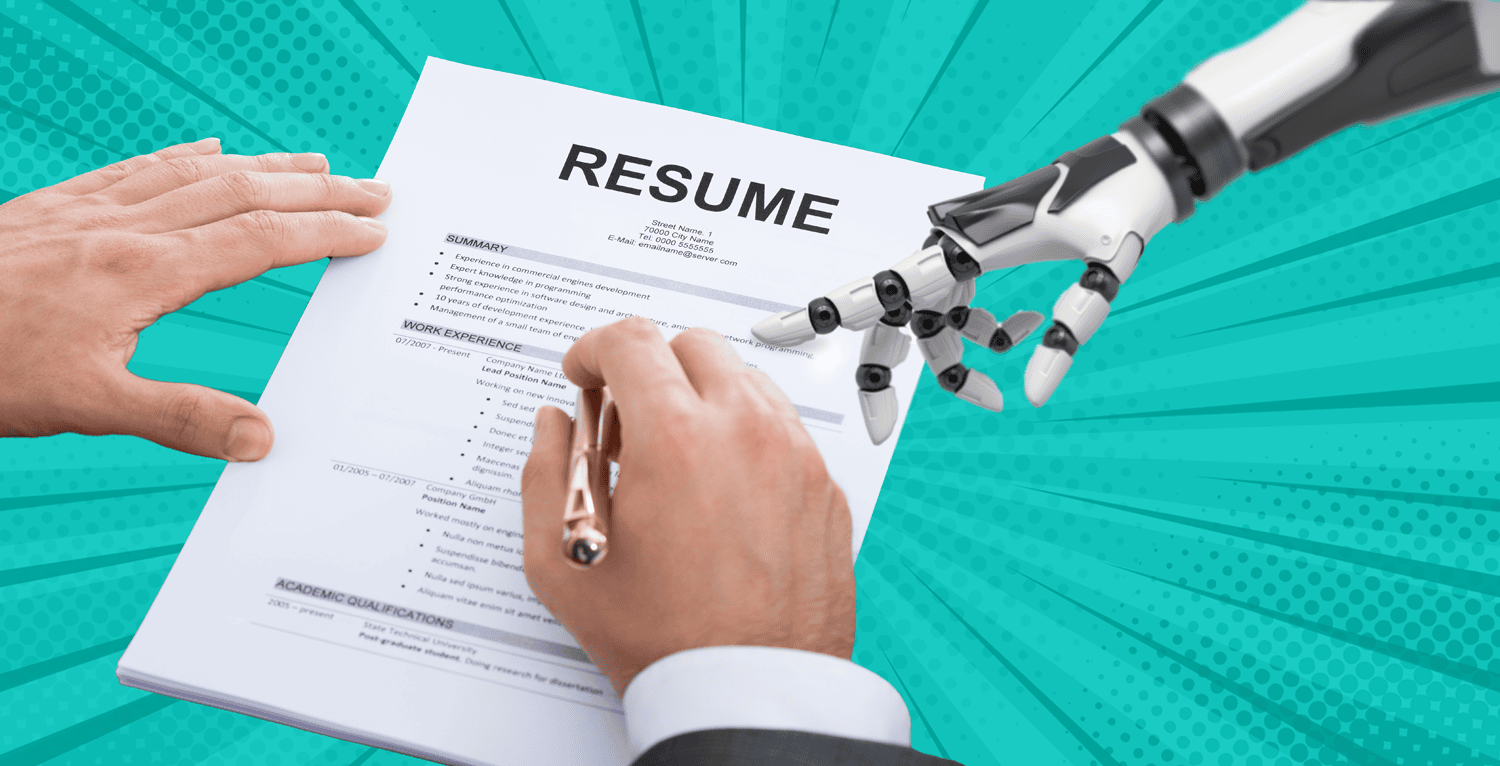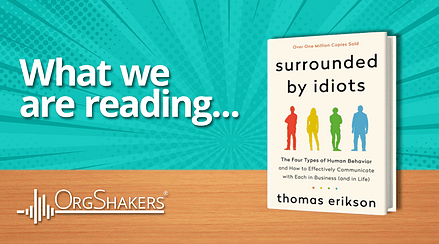Menu

The Future of Hiring = AI + HI* (*Human Insight)
In today’s rapidly evolving talent landscape, traditional hiring practices are under increasing scrutiny.
The résumé, once the cornerstone of recruitment, is being challenged by more dynamic, skills-based approaches. At the same time, artificial intelligence (AI) is reshaping how organizations identify and evaluate candidates.
For HR professionals, this dual shift presents both opportunities and challenges.
Understanding how to balance innovation with human insight is key to building a more effective, inclusive, and future-ready hiring process.
The Decline of the Résumé and the Rise of Skills-Based Hiring
Research by TestGorilla reveals a growing consensus among employers and employees: 70% believe skills-based hiring is more effective than relying on résumés.
This shift is driven by the limitations of traditional résumés, which often fail to accurately reflect a candidate’s true capabilities.
Employers report difficulties in verifying résumé accuracy, assessing actual skills, and ranking candidates effectively.
Skills-based hiring offers a compelling alternative. By using cognitive ability tests, role-specific assessments, and work samples, organizations can evaluate candidates based on what they can do, not just what they claim to have done.
This approach not only improves hiring accuracy but also broadens access to diverse talent pools, helping companies move beyond degree inflation and traditional credentialism.
Moreover, hiring based on demonstrated ability reduces the risk of costly mis-hires – estimated to range from five to twenty-seven times an employee’s annual salary. While experience and qualifications still matter, integrating skills assessments into the hiring process can yield more reliable and economically sound outcomes.
The Double-Edged Sword of AI in Recruitment
While skills-based hiring is gaining traction, AI is also becoming a dominant force in recruitment. AI-powered Applicant Tracking Systems (ATS) promise efficiency by scanning résumés for keywords and qualifications. However, this automation comes with significant caveats.
Many recruiters lack a deep understanding of how AI works, leading to overreliance on tools that are far from infallible. ATS systems often miss qualified candidates simply because their résumés don’t contain the “right” keywords. These systems struggle with context, nuance, and potential – qualities that human recruiters are better equipped to recognize.
AI also inherits the biases present in its training data. If a company’s historical hiring practices favored certain demographics or educational backgrounds, the AI will likely replicate those patterns, perpetuating inequality. This can undermine diversity efforts and reinforce systemic barriers.
Another major concern is the opacity of AI decision-making. Often described as a “black box,” AI tools provide little insight into how hiring decisions are made. This lack of transparency frustrates candidates and prevents recruiters from offering meaningful feedback – worsening an already strained candidate experience.
Reclaiming the Human Element
Despite its capabilities, AI cannot replace human insight in recruitment. It cannot assess soft skills like communication, empathy, or cultural fit – traits that are critical to team dynamics and long-term success. Nor can it understand the context behind a résumé gap or the unique journey of a non-traditional candidate.
Overreliance on AI risks turning hiring into a mechanical process, where individuality is lost and authenticity is sacrificed. Candidates feel pressured to conform to algorithm-friendly formats, leading to generic applications that obscure true talent and creativity.
To counter this, HR professionals must strike a balance. AI should be a tool that supports, not supplants, human insight. Recruiters need to be educated on AI’s limitations and trained to interpret its outputs critically.
By combining the efficiency of AI with the insight and experience of human recruiters, organizations can create a more holistic and equitable hiring process.
Conclusion: A Smarter, More Human Future
The future of hiring lies in reimagining recruitment as a skills-first, people-centered process.
By embracing skills-based assessments and using AI responsibly, HR professionals can unlock new levels of talent, reduce bias, and enhance the candidate experience.
As we move forward, the challenge for HR leaders is clear: harness technology without losing humanity.
The most successful organizations will be those that innovate thoughtfully, prioritize potential over pedigree, and never forget that behind every application is a person – not just a profile.
To discuss how we can help optimize the hiring process in your organization, please get in touch with us.



